 The AHRC has announced that a Connected Communities Research Festival will be held in 2016. A call for Expressions of Interest (EOIs) to participate in the Festival will be issued in early November 2015.
The AHRC has announced that a Connected Communities Research Festival will be held in 2016. A call for Expressions of Interest (EOIs) to participate in the Festival will be issued in early November 2015.
Taking inspiration from the 500th anniversary of the publication in 1516 in Latin of Thomas More’s Utopia, as well as a Connected Communities/ Care for the Future Symposium on ‘Utopias, Futures and Temporalities: Critical Considerations for Social Change’ held in May 2015, the 2016 Festival will have a central theme of Community Futures and Utopias.
As with the 2015 Festival, the call for EOIs will support high quality participatory arts research and research co-production activities across the UK. Local activities can take place at any time from February 2016 to late June 2016. In addition, AHRC will be inviting projects to propose ideas for producing creative, co-produced, research outputs from their local activities which can be showcased at a high profile public event in London in late June 2016.
The call for EOIs will be open to a wide range of interpretations of the theme of Community Futures and Utopias, including – for example – :
- what ‘utopia in the 21st century’ means for diverse communities;
- past visions of the future and the role of the past in community futures;
- the future as a lens or safe space for exploring challenges facing communities;
- community fears and aspirations for the future;
- the role of the future in bringing together or dividing communities;
- utopia as participatory/ creative method;
and many other creative research ideas.
As well as providing opportunities to build on Connected Communities research, the Festival will provide an opportunity to link to other AHRC and Research Council-funded inter-disciplinary research, including under all other AHRC themes (such as Care for the Future and Translating Cultures) and priority areas (such as design, heritage, languages, etc.).
Expressions of interest will be encouraged to describe:
- How they will build upon past research and work with local communities to co-produce new research insights on the theme of community futures and utopias, and the role of participatory and collaborative research methods in these processes
- How the proposed festival activities will help to broaden and deepen community research engagement and partnerships – in particular, how projects will reflect and engage with diverse minority community groups and cultures
- For those proposals involving more extended participatory arts approaches to research co-production, how they might use the opportunity of a high profile national showcase in London for community projects on utopias, and/or other similar event, to engage wider publics with the outcomes of their local activities.
Funding Available
AHRC anticipate that EOIs will be invited for two types of funding:
- up to £5,000 to support a wide range of participatory/ co-produced research activities with diverse communities around the UK between February and late June 2016 on the theme of Community Futures and Utopias
- up to £15,000 to support more ambitious local participatory / creative arts co-produced / collaborative research projects producing high quality creative / artistic outputs and the showcasing of these outputs at a two day high profile national public event on Community Utopias in London over a weekend in late June 2016.
Expected Timetable for the Call
AHRC expect to issue the full call for Expressions of Interest in early November. The planned outline timetable for the call is below:
| Mid October |
Festival theme announced |
| w/c 2 November |
AHRC issues call for expressions of interest to participate in the Festival |
| w/c 7 December |
Closing date for EOIs (via SmartSurvey) |
| By end of January 2016 |
Notification of Outcomes of EOIs |
| February- June 2016 |
Festival events take place around the UK |
| 24 -26 June (tbc) |
Showcase of creative outputs from selected local projects at weekend public event in London |
| Tbc |
Cross-theme Utopia 500 academic conference |
This Festival will form part of a wider series of Connected Communities and collaborative activities on the theme of community futures and utopias, including a conference on ‘Utopia in the 21st Century’. Further details of these other events will be announced in early 2016.
If you intend to submit an expression of interest you will need to have your plan costed by the Funding Development Team and so please contact them in the first instance.

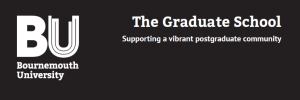


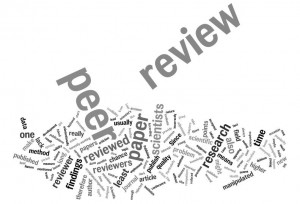

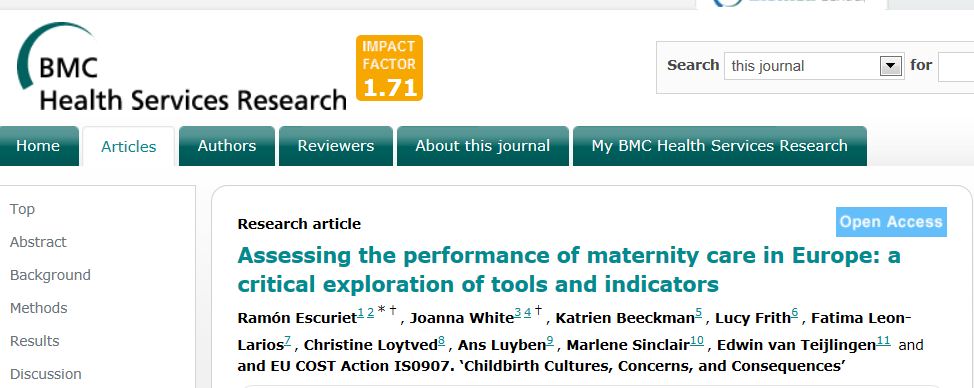
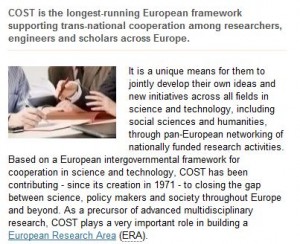
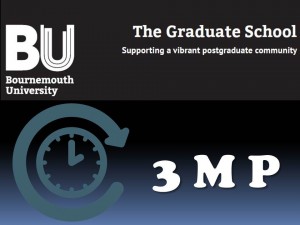
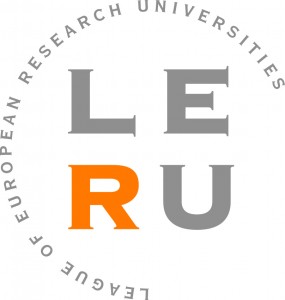





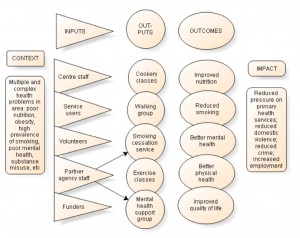

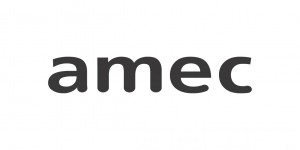

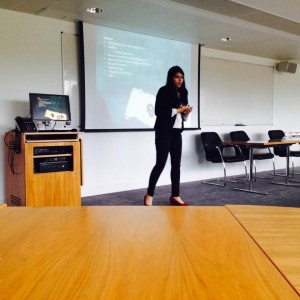
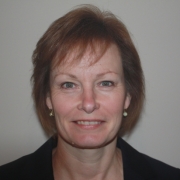
 Come and find out about the exciting research undertaken by BU staff and student researchers!
Come and find out about the exciting research undertaken by BU staff and student researchers!












 Dr. Ashraf cited on ‘Modest Fashion’ in The Guardian
Dr. Ashraf cited on ‘Modest Fashion’ in The Guardian NIHR-funded research launches website
NIHR-funded research launches website Academics write for newspaper in Nepal
Academics write for newspaper in Nepal New paper published on disability in women & girls
New paper published on disability in women & girls MSCA Postdoctoral Fellowships 2025 Call
MSCA Postdoctoral Fellowships 2025 Call ERC Advanced Grant 2025 Webinar
ERC Advanced Grant 2025 Webinar Horizon Europe Work Programme 2025 Published
Horizon Europe Work Programme 2025 Published Horizon Europe 2025 Work Programme pre-Published
Horizon Europe 2025 Work Programme pre-Published Update on UKRO services
Update on UKRO services European research project exploring use of ‘virtual twins’ to better manage metabolic associated fatty liver disease
European research project exploring use of ‘virtual twins’ to better manage metabolic associated fatty liver disease